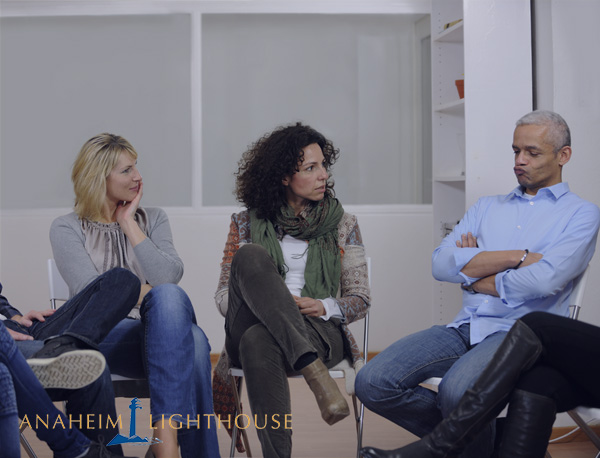Three Lesser Known Facts about Interventions in Drug Addiction

A drug addiction intervention is usually the last resort for loved ones concerned about an addict’s situation. When peers come together to pressure the addict to enter treatment, citing consequences if recovery in a treatment center is not sought, an intervention can be effective. In fact, the National Council on Alcohol and Drug Dependence points out that 90% of addicts get into treatment after a drug addiction intervention.
It’s common for family members to ask the question,”What’s an intervention?”, and to wonder if it's the solution to addiction. As mentioned above, interventions are often successful in getting the person to begin recovery, but the outcome of treatment is not guaranteed by a drug addiction intervention. Peer pressure won’t force recovery. The addict must be fully committed to sobriety in order to get better. And there are risks – the main one is breaks in family/friend relationships that must change once the intervention is in motion. To understand all the risks, benefits, and dynamics of a drug addiction intervention, it’s a good idea to seek advice from a professional intervention specialist.
It’s all about the love: Emotions run high in a drug addiction intervention. Anger is often prevalent, as the addict’s behavior has run rampant through all of his or her relationships. While it’s important to be honest, compassion should set the tone. The addict has a disease, and it’s a devastating condition. Be loving and empathetic.
Timing is important: Addicts may shrug off interventions that take place too soon in the disease. While it’s hard to watch a loved one debilitate from their addiction, it’s good to make sure an intervention contains enough content to open the addict’s eyes. Sometimes an addict already has an inkling that he or she is in trouble, and an intervention for drug addiction can clinch the deal.
You can do a one-on-one intervention: While most think of group interventions when the subject comes up, it’s possible to intervene personally if done correctly. Without blame and with specific suggestions, you may be able to gain the addict’s full attention in a one-one situation. Be sure to plan what you will say, don’t blame, and have specific suggestions for recovery.
Share your thoughts below or follow us on Facebook! If you or someone you know is struggling with addiction, call us at (877) 959-5909.













